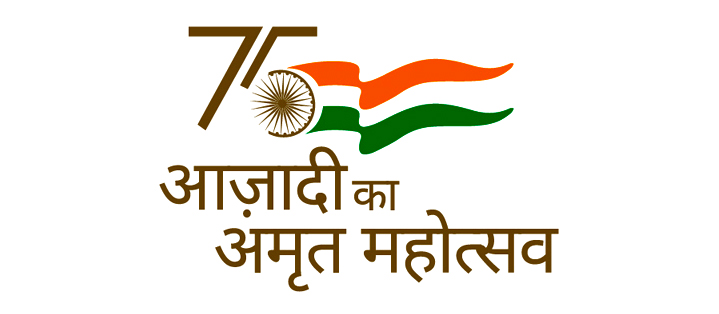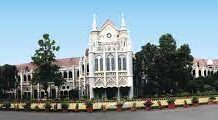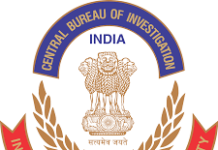
Prof. Ashutosh Sharma, President of the Indian National Science Academy (INSA) gave information regarding brainstorming and upcoming action in the sessions of the first day of Science-20 conference under G-20.
He said that India is the promoter of this ideology that society should be connected with science, so that they can get the benefits of scientific development soon. How to bring social interest directly to scientific research by taking it out of the lab.
Science-20 conference based on the theme “Connecting Science to Society and Culture” was held in Bhopal.
A total of 80 delegates-participants including G-20 members, 9 countries, invited states and 25 international participants from international organisations attended the meeting.
Prof. Sharma said that it is the responsibility of the scientific community that the direction of their efforts should be in the interest of the society, which would strengthen sustainable inclusive and sustainable development. Technology has reduced global distances, it is important that technological development helps in preserving diversities.
The scientific community should also play a leading role in saving the cultural heritage. Scientific Social Responsibility (SSR) is needed today on the lines of CSR. Today scientific institutions are doing research using ultramodern resources.
It is necessary for scientific institutions to make aware and educate the general public about new technology. So that the life of the common man can be made happy by taking advantage of technological development. Science can play an important role in connecting the people left behind in the path of development with the mainstream.
Along with this, it is also necessary that the rate of scientific development should be at par with the rate of social development. The scientific community will have to come forward and make efforts to reduce the disparity in the rate of development.
Prof. Sharma said that from 7 startups in the year 2015, today there are more than 70 thousand startups in India. There is a need for the youth to learn new skills for employment in the coming times. There is a need to develop the ability to learn new things. Global intellectuals brainstormed in this direction, whose report and recommendation will be sent to the G-20 group for policy making. Underlining the disruptive technology artificial intelligence, quantum computing, machine learning etc., Prof. Sharma said that by studying the impact of these ultramodern technologies in the society, the work of reducing the negative impact and promoting the positive impact will also have to be done by the enlightened class.
Prof. Sharma said that connecting science with society and culture goes beyond the dissemination of scientific information. It involves dialogue, mutual understanding and co-creation between scientific communities and diverse societal stakeholders. Today there is a need to promote citizen science initiatives, participatory research with science communication. With this we can empower individuals and communities to actively engage with scientific discoveries and contribute to the decision-making processes for the development of innovations.
Prof. Sharma informed that the conference consisted of two main sessions. In which the scientific community and intellectuals from different countries brainstormed. There were extensive discussions on science and technology for education and skills, law and governance, heritage and culture. Panel discussions were held on Frontier Technologies, Societies of the Future and Artificial Intelligence for Society and Culture.
Scientists, technologists and policy makers discussed a wide range of important topics relating to the integration of science with society and culture. In a panel discussion on the understanding and impact of Artificial Intelligence, the elite section exchanged their views. The discussions began with a debate about education, which was followed by an explanation of the use of AI and an example of Sweden from the point of view of trans-disciplinarity. The discussion on Law and Governance highlighted the interference of science and technology in legal systems and governance networks. The first panel of the day on Frontier Technologies discussed the aspects of creating an international panel or a technology platform that works on the understanding of disruptive science with sustainable development.
In the next session, Science and Technology for Heritage was discussed followed by the launch of the Global Digital Heritage Initiative and the need for its immediate launch was stressed. The panel on AI deliberated on the multifaceted understanding of AI and its potential regulation. The panel on the future of inspiring science highlighted how aspiring science will shape the future of the world. The final panel highlighted the convergence of science and challenges to society.
State government made excellent arrangements for the Science-20 event
Prof. Sharma appreciated the arrangements made by the state government in organising Science-20 in Bhopal. He said that Bhopal is culturally very rich. Prof. Sharma informed that the representatives of Science-20 will visit places of historical and natural importance located near Bhopal.
It is noteworthy that Science-20 is a science engagement vertical of G-20, which was established in the year 2017 during the chairmanship of Germany. It includes scientific academies of all G-20 countries. Indonesia and Brazil are Troika members along with India during India’s G-20 presidency. The main objective of the Science-20 Engagement Group is to provide science-driven recommendations to policy makers that are based on consensus.







